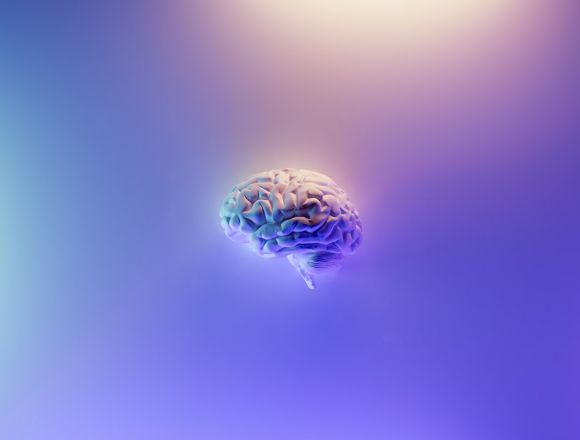Memory is an essential cognitive function that allows us to store and retrieve information. It plays a crucial role in our daily lives, helping us learn new things, make decisions, and remember past experiences. But have you ever wondered how memory actually works? In this article, we will explore the fascinating process of memory formation, storage, and retrieval.
Encoding: Turning Experiences into Memories
The first step in the memory process is encoding. This is the process of transforming sensory information into a form that can be stored in the brain. When we experience something, our senses pick up information from the environment, which is then processed by the brain. Different types of memories are formed depending on the nature of the information, such as sensory, short-term, or long-term memories.
Short-Term Memory: Holding Information Temporarily
Short-term memory, also known as working memory, is where information is held temporarily. It has limited capacity and duration, typically lasting only a few seconds to a minute. This type of memory is responsible for holding information we need to actively process or manipulate, such as remembering a phone number long enough to dial it. If the information is not rehearsed or transferred to long-term memory, it is quickly forgotten.
Long-Term Memory: The Archive of Our Lives
Long-term memory is where information is stored for an extended period of time, ranging from minutes to a lifetime. This type of memory has a seemingly unlimited capacity, allowing us to accumulate vast amounts of information throughout our lives. Long-term memory can be further divided into two main categories: declarative memory and procedural memory.
Declarative Memory: Facts and Events
Declarative memory refers to our ability to consciously recall facts and events. It can be further divided into semantic memory, which stores general knowledge and concepts, and episodic memory, which stores personal experiences and events. For example, remembering historical dates or recalling your last vacation relies on declarative memory.
Procedural Memory: Skills and Habits
Procedural memory, on the other hand, involves the learning and retention of skills and habits. This type of memory allows us to perform tasks automatically, such as riding a bike or playing an instrument. Procedural memory is often acquired through repetition and practice, and it is typically less conscious than declarative memory.
Retrieval: Accessing Stored Memories
Retrieval is the process of accessing stored memories when needed. While we may have memories stored in our brains, the ability to retrieve them can vary. Sometimes memories are easily accessible, while other times they may be difficult to recall or completely forgotten. Factors such as context, emotional state, and the passage of time can influence the retrieval process.
The Role of Attention and Consolidation
Attention and consolidation are two crucial factors that influence memory formation and retrieval. Attention directs our focus to important information, allowing us to encode it effectively. Without attention, memories may not be formed or stored properly. Consolidation, on the other hand, involves the process of strengthening and stabilizing memories over time. This process occurs during sleep and helps transfer information from short-term to long-term memory.
The Importance of Mnemonic Techniques
Mnemonic techniques are strategies that can enhance memory performance. These techniques involve organizing and encoding information in a way that makes it easier to remember. Examples of mnemonic techniques include creating acronyms, visual imagery, and the method of loci, where information is associated with specific locations in a familiar environment.
In conclusion, memory is a complex and fascinating cognitive function that allows us to store and retrieve information. Through the process of encoding, memories are formed and stored in the brain. Short-term memory holds information temporarily, while long-term memory serves as the archive of our lives. Retrieval allows us to access stored memories when needed. Attention, consolidation, and mnemonic techniques play crucial roles in the memory process. Understanding how memory works can help us improve our learning, retain important information, and cherish our precious memories.
